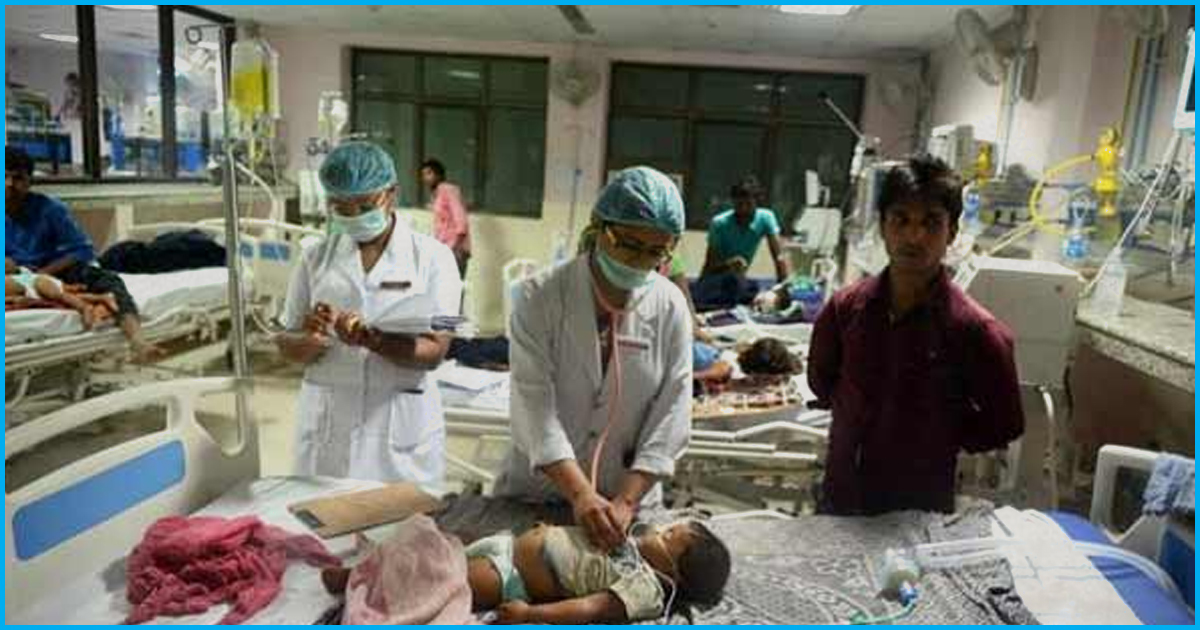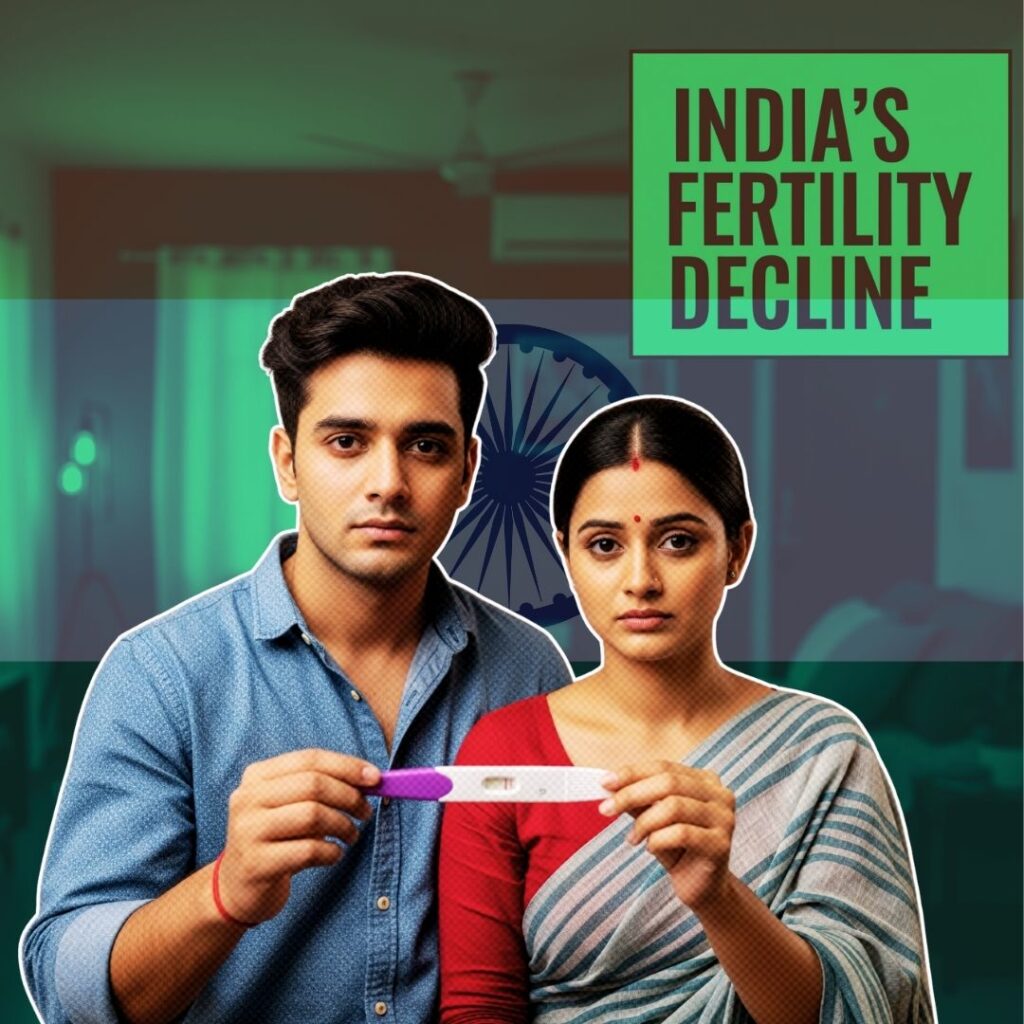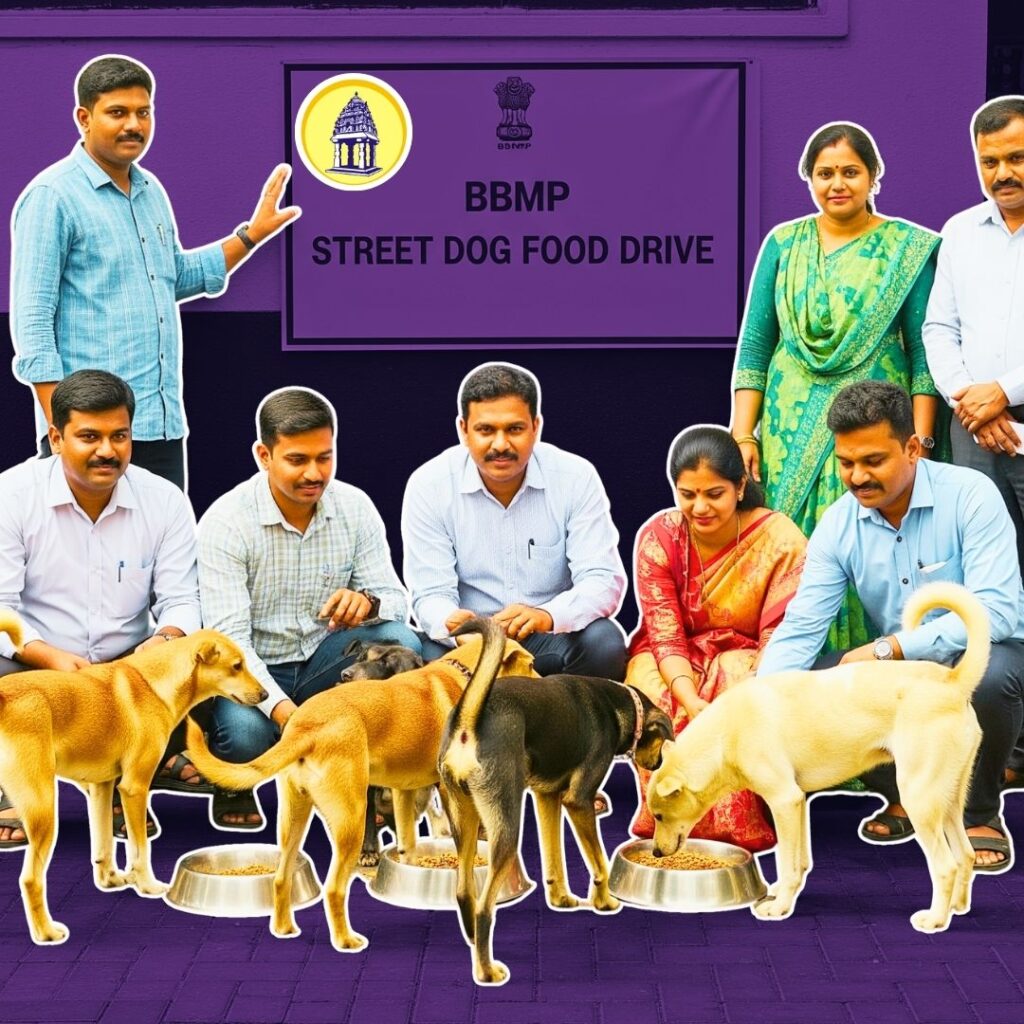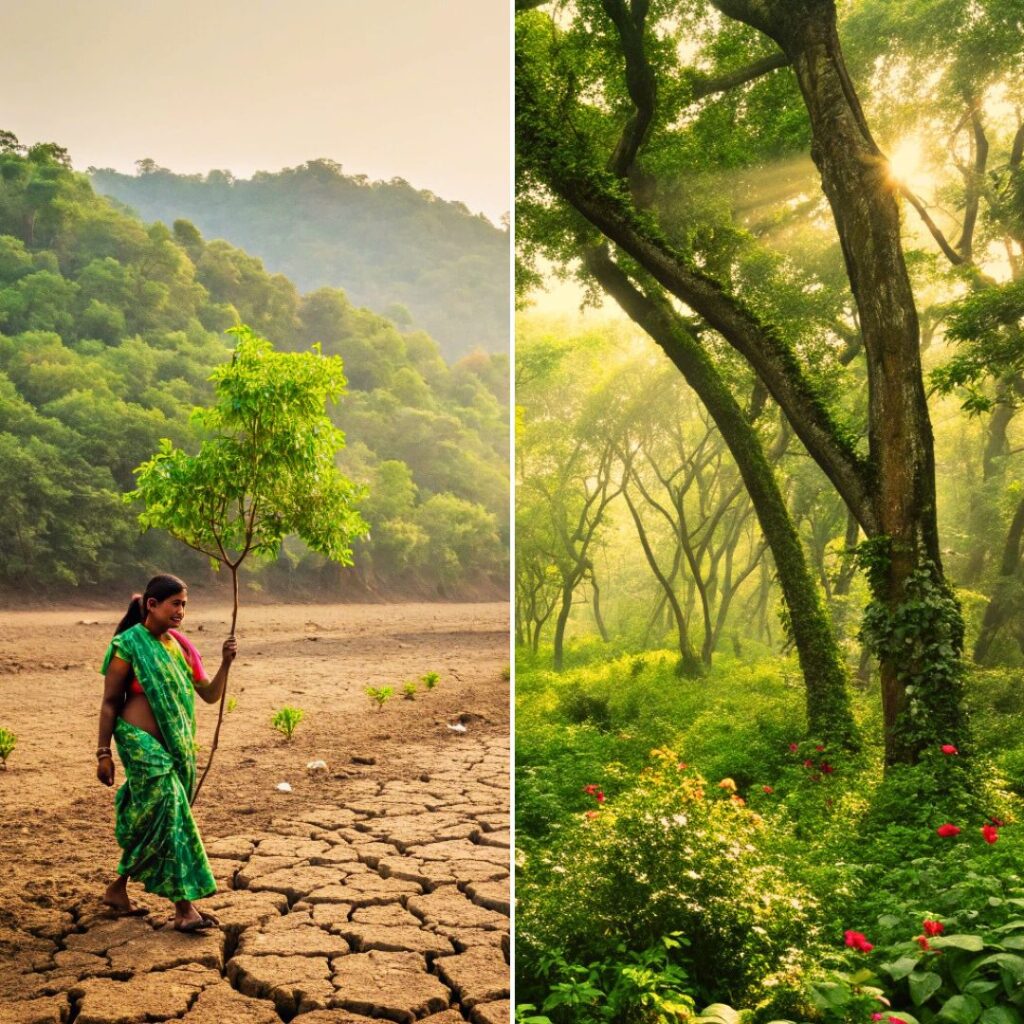After stating before the court that a special fund of Rs 100 crore for children suffering from rare diseases under the National Policy on Treatment of Rare Diseases (NPTRD), the Centre has now made a complete U-turn. While replying to a plea in the Delhi High Court on 17 December, the Centre admitted that no such fund was ever allocated as its policy was “un-implementable.” While the Centre was mulling over the policy, at least six children have lost their lives in the last year while waiting for treatment from the government says the founder of Organization For Rare Diseases India (ORDI).
According to The Indian Express, the Centre informed a bench of Justice Manmohan that they would reframe the policy again. The Ministry of Health and Family Welfare said that the policy that was formed a year ago was formed without proper consultation. Centre said that it has realised that health is a state subject and the centre did not take any agreement from most of the states before framing their policy.
The ministry last week also submitted an affidavit before the Supreme Court saying, National Policy for Treatment of Rare Diseases was framed and notified without “proper consultations” and was “wrongly” merged under the National Health Mission. This project was launched by the government of India subsuming the National Rural Health Mission and National Urban Health Mission for primary and secondary-level care. The ministry filed this reply in an affidavit after the court on November 30 had asked the Centre to provide details of the policy.
Government turns a blind eye
ORDI founder Prasanna Kumar B Shirol while condemning the centre’s U-turn told The Logical Indian, “The policy that was implemented a year ago, is now rolled back. We had put forward an application for 200 children under the policy in which six have died just waiting for the treatment. Still, many children are fighting the consequence of the government’s poor management skills.”
The Centre, in its affidavit, expressing its inability to spare Rs 100 crore for the scheme said that the factor that is limiting the government to implement the existing policy because budgetary allocation lies under the National Health Mission (NHM). It said that NHM only mandates to provide aid for primary, and secondary care and it does not cover management tertiary care. However, the management of the rare disease mostly falls under tertiary care.
The affidavit that was filed by the Central government’s standing counsel; Shiva Lakshmi, also stated, “The other important difficulty in implementation is that though, in the affidavit dated 14.3.2018, it was stated that Rs 100 crore corpus has been created under the NHM, no such corpus was created under NHM. This occurred under an honest mistaken belief that the funds under NHM could be earmarked,” as reported by The Indian Express.
“This is one-year-old policy, do you think the bureaucrats who were formulating the policy did not know about this small thing. See, the parents of these children do not know how is the fund coming. It is only the bureaucrats who have to look into the policies and make the funds accessible for the people. Basically, it is ways to postpone the policy,” said Prasanna Kumar.
No proper justification
The court’s direction came on a plea that was filed by three children in the court to seek treatment of rare diseases. The plea was submitted by Lawyer Ashok Agarwal on their behalf.
According to the Prasanna, the High Court in its last hearing on the plea said that meanwhile, the government is re-working on the policy the money can be allocated for the existing patients.
He says that when the government properly wants to implement something they work for it. “At the time of GST many states were against it, but because the government wanted to implement it, the policy came into place. It is the same here. This delay shows the lack of willingness of the government to look into the matter.”
Lawyer Ashok Agarwal, who has been filling the pleas on the behalf of the patients told us that the government is obligated to provide the treatment for these patients under Article 21 of the Constitution, which guarantees every person the right to life with dignity.
Calling the government’s move ‘unfortunate’ he says that the Centre has not given any proper justification for not rolling the policy as well. “The govt is not serious about the patients. At the time when it is talking and boasting about Ayushman Bharat, a big number of patients are being left out and are being ignored. While many are dying, the government is just standing a spectator. This is painful and sad.”
What is a rare disease?
Rare disease as the name suggests refers to health conditions with an occurrence of less than one in 2,000. These rare diseases include genetic diseases, rare types of cancers, tropical infectious diseases and degenerative diseases that are often chronic and life-threatening, in some cases these degenerative disease result in some form of handicap.
Almost 70 million patients are affected by the rare disease in India. Many suffer from conditions like thalassemia, sickle-cell anaemia, Pompe disease and Gaucher’s disease, but they can not afford the treatment for the same as it is costs from Rs 15 lakh to over Rs 1 crore a year. There are at least 7000 known rare diseases and every year, new diseases are discovered and are added to the databases.











